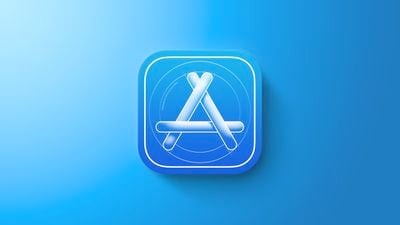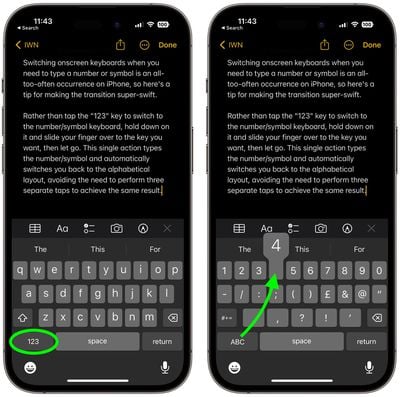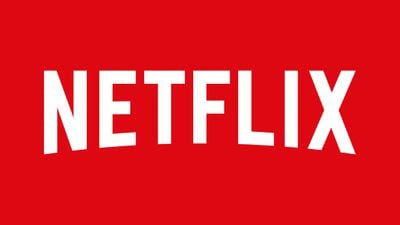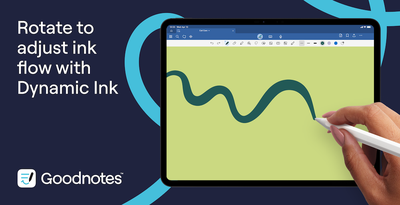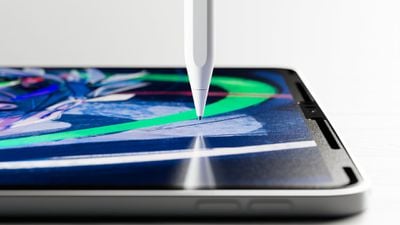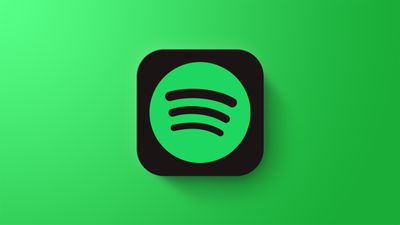Some new M4 iPad Pro models are exhibiting a visible static grain pattern across the OLED display, according to several user reports on Reddit (1, 2, 3) and the MacRumors Forums.

Users who see the grain generally report that it is most noticeable in dark environments with the display set at a low to medium brightness while viewing content with gray or muted colors. Some have compared the effect to a photo taken on a high ISO setting that has visual noise.
Whether this is a genuine display defect is hard to say at this point. OLED displays in general can exhibit a visual grain or a "screen-door effect" due to several factors related to the design and manufacturing process.
The individual sub-pixels in OLED displays can vary in size and shape, contributing to an inconsistent, uneven texture or graininess. This is usually more noticeable on larger displays. Variations in the deposition of organic materials can also affect the uniformity of light emission.
OLED displays also control brightness at the pixel level, and power management techniques can lead to minor variations in brightness across the screen. This is sometimes noticeable as a grainy effect, particularly in low-light conditions or when displaying uniform colors.
Notably, there were similar reports of grainy screens on Samsung Galaxy S24 Ultra smartphones.
Samsung supplies the displays for Apple's 11-inch M4 iPad Pro model, while LG Display supplies the panels for the 13-inch model. According to a March report out of Korea, Samsung faced poor yields of the 11-inch panels, and was unable to meet Apple's order quantity. The shortfall led Apple to transfer some orders for the smaller panel to LG Display.

So far most reports relate to the 11-inch iPad Pro, but there are one or two that reference the 13-inch model, so it is unclear if the potential defect – if it is indeed one – is specific to one OLED panel supplier. The reports appear to be limited to new iPad Pro models with the Standard glass option. Apple's latest iPad Pro models are also available with a matte nano-texture display option for 1TB and 2TB storage configurations at an additional cost of $100.
Note that these reports are unrelated to a known issue we covered earlier in the week that involved blown-out colors when viewing certain HDR content on M4 iPad Pro models.


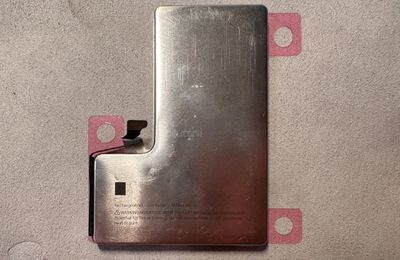


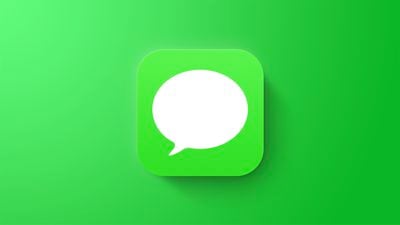

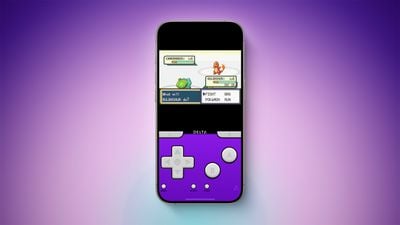



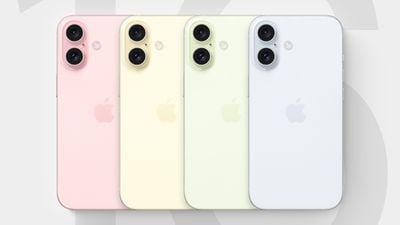
 Note: MacRumors is an affiliate partner with Amazon. When you click a link and make a purchase, we may receive a small payment, which helps us keep the site running.
Note: MacRumors is an affiliate partner with Amazon. When you click a link and make a purchase, we may receive a small payment, which helps us keep the site running.